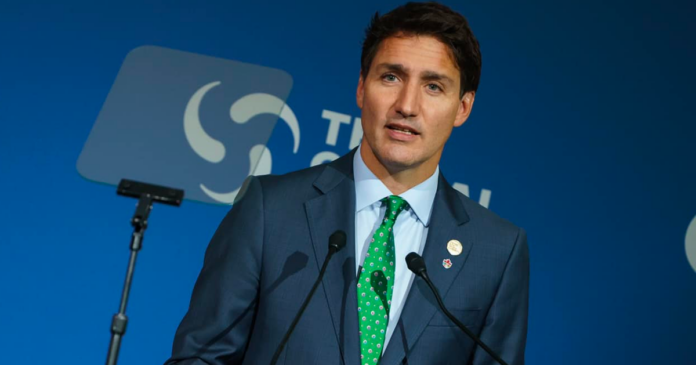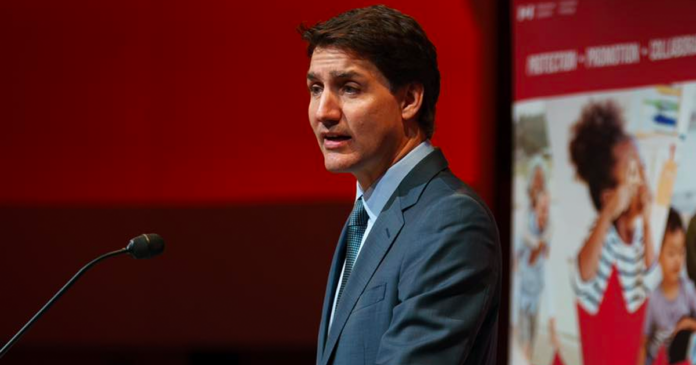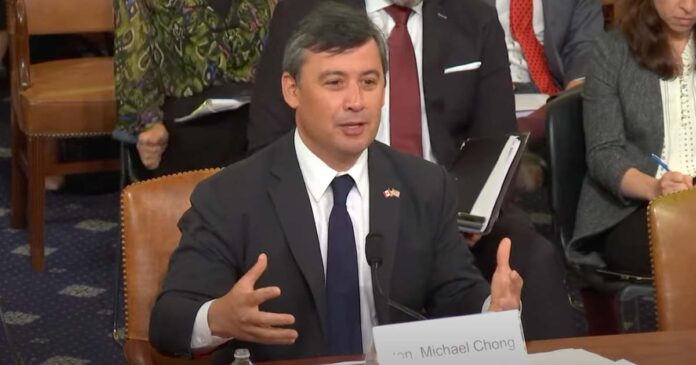BC United MLA Bruce Banman is crossing the floor to join the BC Conservatives, True North has learned.
The Abbotsford South MLA will announce the move Wednesday morning.
This marks the second sitting MLA to leave the BC United caucus, formerly called the BC Liberals. With two sitting MLAs, the BC Conservatives will now have official party status in the legislature.
Party status will allow the BC Conservatives to have a caucus budget, extra office space and other advantages not granted to other parties who do not meet the requirement.
“When I was elected MLA for Abbotsford South, I promised to bring the concerns of everyday hardworking people and families to the forefront in British Columbia’s Legislature in Victoria,” wrote Banman in a statement.
“Today, after careful consideration, I have made the decision to join the Conservative Party of British Columbia to keep that promise to my community and my constituents.”
Premier David Eby amended the Constitution Act in 2017 while serving as Attorney General to allow parties with two or more MLAs to achieve official status. Prior to the amendment, the requirement was a minimum of four MLAs.
First elected in 2020, Banman was the BC United Critic for Emergency Management, Climate Readiness and Citizens’ Services. Prior to serving as an MLA, he was the mayor of Abbotsford from 2011 to 2014.
MLA John Rustad became the BC Conservative leader earlier this year after being ejected by BC United leader Kevin Falcon in March 2023 in response to comments he made questioning the official narrative around climate change.
At the time, Rustad was criticizing the link between CO2 emissions and climate change.
“I do not plan to stay silent on the many issues that are just wrong,” he said at the time. “I plan to be vocal about them.
“It doesn’t serve the environment movement well, it doesn’t serve us as a province well.
Rustad was acclaimed to the party’s top post Friday within a month of the party announcing a leadership race. Rustad replaced interim leader Trevor Bolin who led the BC Conservatives since 2019.
In his statement, Banman said that he looks forward to working with Rustad in opposing “Trudeau-backed policies” like the carbon tax.
“Conservatives have common sense. We don’t support Trudeau-backed policies like the punishing carbon tax that hurts everyday people; we refuse to condone the ideological NDP education agenda that teaches students what to think instead of how to think; and, we will never support the myth of safe supply that kills British Columbians and poisons our communities with hard drugs,” said Banman.
In February, he first renounced his status as an independent, before eventually joining the BC Conservatives and becoming the party’s first sitting MLA in over a decade.
Prior to his switch, he had served as the Minister of Aboriginal Relations under former premier Christy Clark.
“I believe in a more self-sufficient BC,” he told True North at the time, “ripe with economic opportunity, compassion for those in need and a protection for our most personal freedoms.
“Only one party offers this vision – the Conservative Party of BC.”
Rustad’s announcement that he’d join the Conservatives came six months after being ousted from the BC Liberals and some polls show the BC Conservatives ahead of BC United.
With files from Cosmin Dzsurdzsa.



























